Peanut oil is highly prone to rancidity if not stored properly. This is because peanut oil is typically extracted in its pure, unadulterated form, free of any preservatives. So, is there a way to extend the shelf life of peanut oil? In today’s article, we’ll be sharing some tips on how to properly store peanut oil to prolong its freshness and prevent spoilage.
**1. Store in Glass, Ceramic, or Porcelain Containers:**
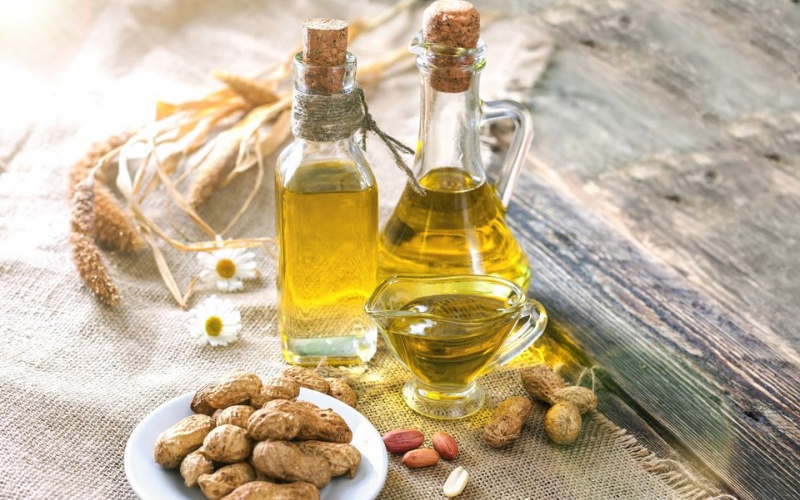 Store peanut oil in glass, ceramic, or porcelain containers
Store peanut oil in glass, ceramic, or porcelain containers
When it comes to naturally extracted oils, including peanut oil, it’s best to store them in containers made of glass, ceramic, or porcelain. Whether you’re pressing your own oil at home or purchasing ready-made oil, always opt for these types of containers.
However, you may notice that most commercially available peanut oils are packaged in plastic bottles to cut production costs. Therefore, it’s recommended to transfer the oil to a glass, ceramic, or porcelain container as soon as you get home to ensure its longevity.
**2. Avoid Metal Containers:**
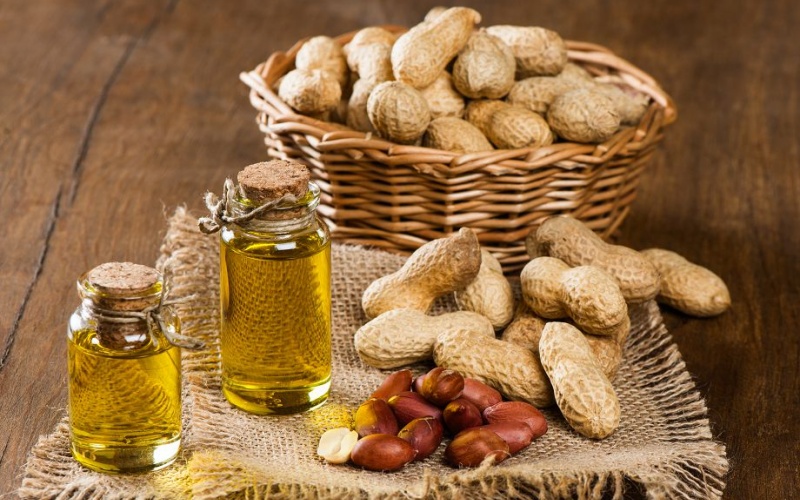 Avoid storing peanut oil in metal containers
Avoid storing peanut oil in metal containers
As you may know, vegetable oils can react chemically with metals such as copper, iron, and aluminum. This means that storing oil in metal containers can compromise its quality and lead to spoilage.
Peanut oil is no exception to this rule. For the sake of your health and the integrity of the oil, refrain from using metal containers for storage.
**3. Keep it Sealed and Store in a Dry Place:**
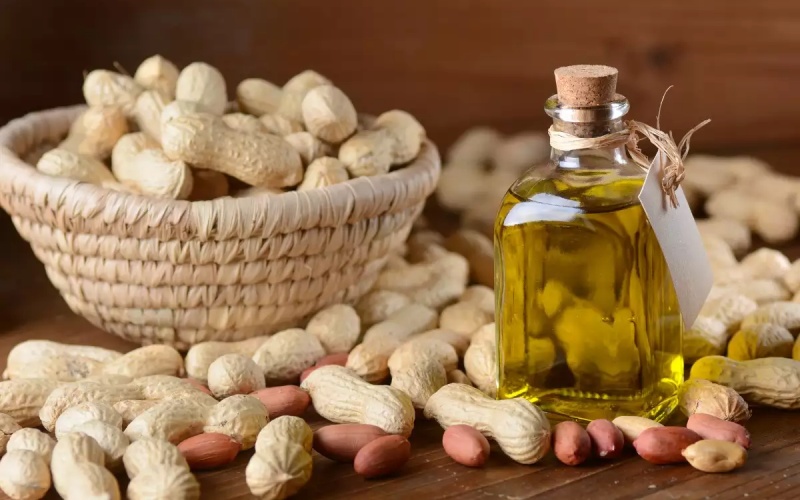 Keep the oil sealed and stored in a dry place
Keep the oil sealed and stored in a dry place
In addition to using glass, ceramic, or porcelain containers, always remember to seal the container tightly after each use and store it in a dry, mold-free environment.
Doing so prevents the oil from being exposed to external contaminants, ensuring more effective preservation, prolonging its shelf life, and maintaining its quality.
**4. Keep Away from Water, Contaminants, and Bacteria:**
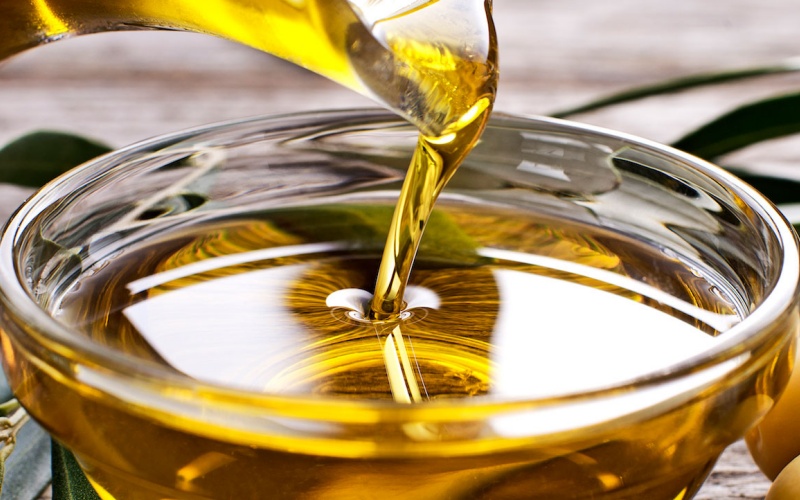 Keep the oil away from water, contaminants, and bacteria
Keep the oil away from water, contaminants, and bacteria
This is a crucial tip to remember, as water and contaminants are the enemies of proper oil storage. When water or contaminants come into contact with the oil, unwanted reactions can occur, leading to spoilage and rancidity.
Additionally, bacterial contamination can deplete the oil’s essential nutrients while simultaneously fostering bacterial growth. Therefore, take extra care to prevent water, contaminants, or bacteria from entering your oil container.
**5. Add a Pinch of Salt:**
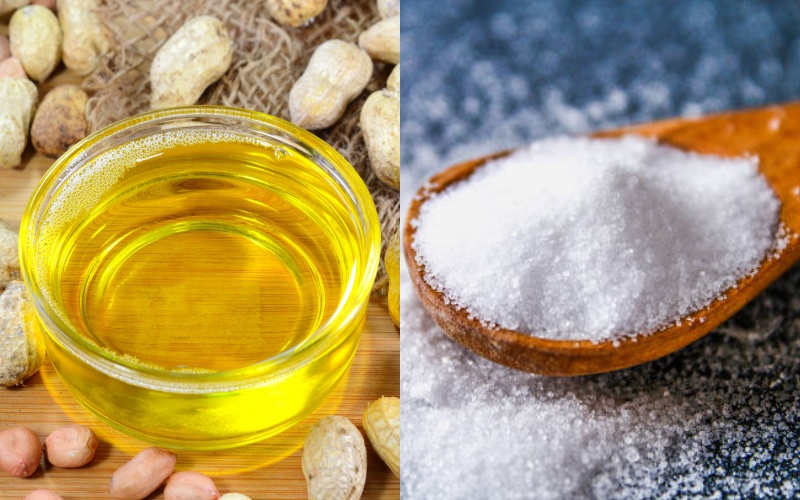 Add a pinch of salt to absorb moisture
Add a pinch of salt to absorb moisture
As many of us know, salt is an excellent moisture absorber, and it is often used as a preservative for various foods, including vegetable oils. Simply add a pinch of hot, toasted salt to your peanut oil, and you’re done!
Although it may seem simple, this is one of the safest and most effective preservation methods. The salt will absorb any residual moisture in the oil, preventing unwanted reactions and preserving the oil’s flavor.
**6. Keep Away from Direct Sunlight:**
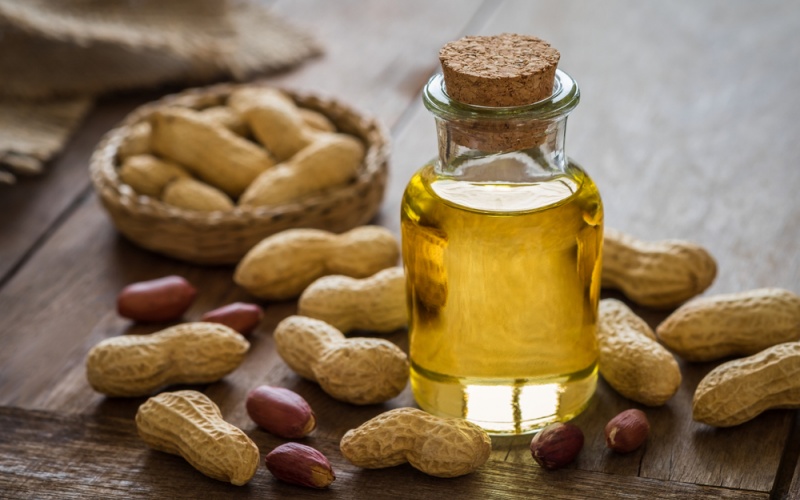 Keep peanut oil away from direct sunlight
Keep peanut oil away from direct sunlight
Just like with most foods, keeping oil away from direct sunlight is a fundamental rule to prevent spoilage. Therefore, it’s best to store your oil in a cool, well-ventilated area, shielded from direct sunlight.
Additionally, the ideal temperature for storing peanut oil is between 15-20°C (59-68°F). If stored in the refrigerator, the oil can last up to 12 months.
*There you have it! We’ve shared six effective tips for storing peanut oil to prolong its freshness and prevent spoilage. We hope that these suggestions will help you maintain the quality of your peanut oil and ensure its longevity. Good luck!*



































